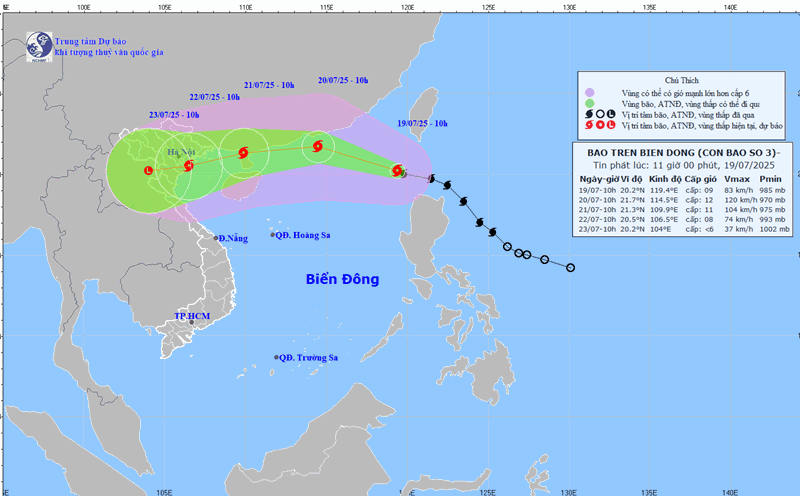US President Donald Trump has said he will provide more weapons to Ukraine, including patriot air defense systems and conditions for Russia to have 50 days to negotiate peace agreements before imposing additional economic sanctions.
This makes Ukraine and its Western allies worried.
Immediately after the statement from the White House, President Volodymyr Zelensky had a phone call with Mr. Trump to discuss the weapons assistance plan and the possibility of strengthening security coordination.
Kiev also sees this as an "very important support signal", but is still not satisfied because the 50 days could become a " strategic space" that Moscow can take advantage of to restructure logistics and plan new attacks.
Russia currently controls about 20% of Ukraine's territory and maintains a proactive stance in many regions. Unmanned aerial vehicles (UAVs) and missiles attacks continue to take place at high intensity, while Ukrainian forces face difficulties in manpower and equipment shortages.
Reliance on Western aid has left Kiev passive, especially in the context of Europe's internal disagreement on long-term strategies.
In Europe, the reaction is relatively cautious. Many opinions from the diplomatic community expressed doubts about the feasibility of Washington's commitments. The provision of patriot systems, a complex defensive weapon, is still unclear how, when and on how large scale it will be deployed. The majority of the cost is said to be paid by European countries, while the US plays the production and coordination role.
In addition, some European Union (EU) members such as Hungary, Slovakia or Austria still have close economic ties with Russia and could be significantly affected if the sanctions are activated after the 50-day deadline.
The Trump administration's decision is seen as an effort to balance military support and open the possibility of dialogue. Some observers say Washington is opting for a practical solution: Limited aid, maintaining adequate pressure, but not completely cutting off diplomatic channels with Russia.
The next 50 days will be a key period not only in terms of military but also shaping the West's diplomatic approach to the conflict.











